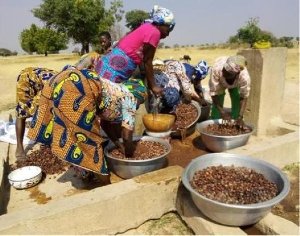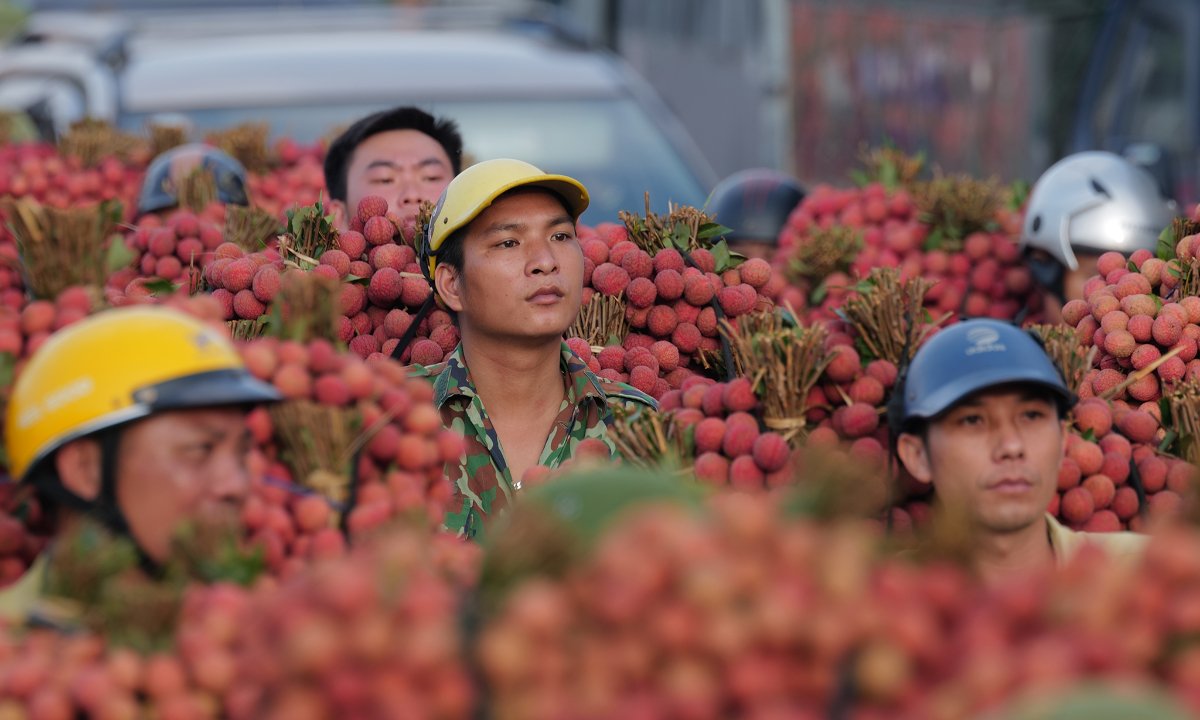
Editorial: Drought Grips Savannah Belt, Jeopardizing Shea Production Worldwide
Climate change poses a threat to the survival of shea trees in the nation’s northern areas — specifically in the Upper East, Upper West, Northern, North East, and Savannah Regions.
Certainly, shea tree productivity has been experiencing a significant downturn because of the severe weather patterns impacting their output.
Recent data indicates that sheanut production has dropped between 10% and 20%, with the trend showing no sign of improvement as it keeps declining because of climate change and various other environmental issues.
Although the nation produces more than 150,000 metric tons of shea nuts each year, only around 30-40 percent of this amount is converted into shea butter within the country itself. The remainder is primarily shipped unprocessed to Europe for further refinement.
Because of the COVID-19 pandemic, shea nut exports experienced a minor decline in 2020. That year, only around 75,000 metric tons with a value of $70 million were exported from Ghana.
In 2021, however, sheanut exports saw another increase and have continued to rise since then. The export volume reached 85,000 metric tons of sheanuts, which were valued at around $80 million. By 2022, this number had grown with more than 90,000 metric tons of both sheanuts and shea butter being exported, totaling roughly $90 million.
This is why the Ghana Shea Employers Association (GSEA) has once again urged for a prompt prohibition on exporting unprocessed shea nuts, pointing out the increasing risk posed to local processors, stakeholders along the supply chain, and the overall economy in the northern areas.
They express concern that the circumstances are having an adverse impact on harvest workers, processing staff, and local enterprises, with a significant number being female-run operations.
The association is therefore calling for participation by foreign investors, on condition that they establish processing factories in Ghana to promote job creation and boost domestic revenue.
Sheanut production, as one of the nation’s key unconventional agricultural exports, offers a chance to boost the earnings of rural women in northern Ghana. This initiative can contribute significantly to narrowing the economic disparity between the north and south regions.
The rain cycles have turned unpredictable and brief, leading to sporadic droughts. This situation is adversely affecting small-scale farmers who depend significantly on monsoon rains for their agricultural operations.
The impact of climate change extends beyond just food crops; deep-rooted trees are also affected by the continuously increasing temperatures.
Moreover, unchecked activities such as habitat destruction from illegal logging, widespread forest fires, cutting down shea trees for fuel and charcoaling, along with the conversion of shea groves into extensive farmlands, are jeopardizing wildlife diversity and intensifying global warming effects.
Provided by SyndiGate Media Inc.
Syndigate.info
).
Share this content:




















Post Comment